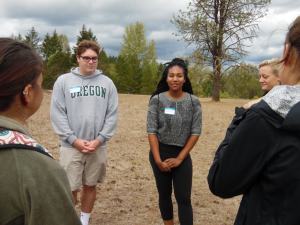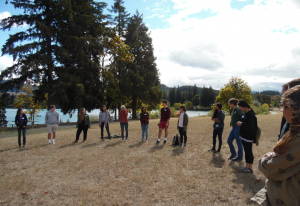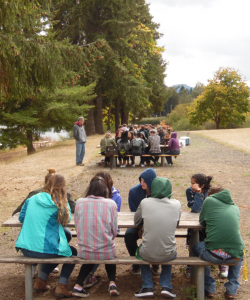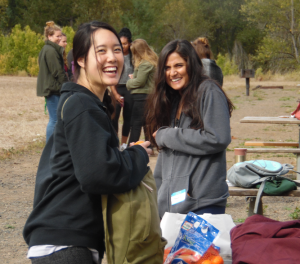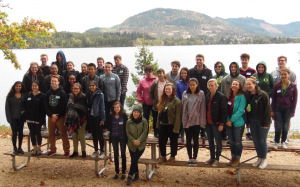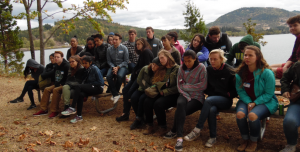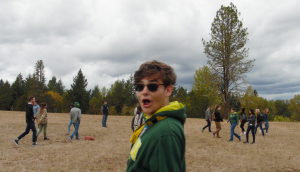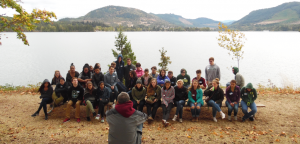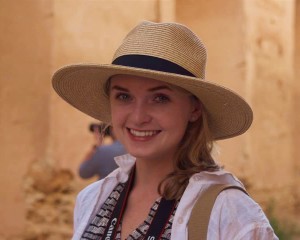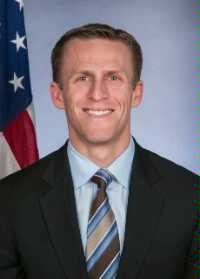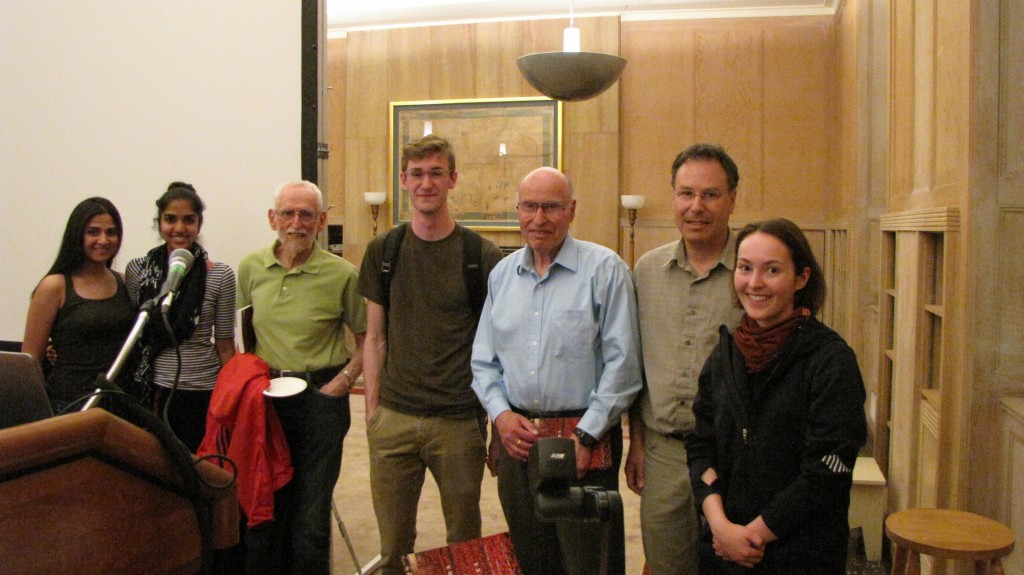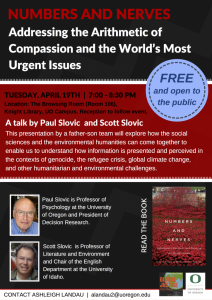Oregon Community Foundation (OCF) is the largest foundation in the state of Oregon, and gives over 100 million dollars in grants and scholarships to Oregon students and community organizations each year. OCF works with donors to match their gifts to the causes they care about. This leaves some space to discuss how OCF project managers navigate ethics, their own interest, their understanding of the motivations of their donors, and more. Tom and Maylian will be joining us to discuss the ethics of philanthropy.
Here is some background on our two guests:
Tom Bowerman, a fifth generation Oregonian, has practiced in the field of architecture, urban design and planning for three decades at the interface of development and environmental protection. He has supervised inner historic building rehabilitation, co-owns three companies and co-founded two land conservancy organizations. He holds a courtesy research position at the University of Oregon, School of Law and directs PolicyInteractive a non-profit research organization.
PolicyInteractive (PI) is dedicated to researching climate change behaviors and public policy. PI conducts public multi-faceted opinion research studies for insights into policy support. Results are shared with the public, policymakers, and research peers. PI has over 30 discrete studies since 2008.
“We risk devastating our planet through our collective behaviors. Anthropogenic climate change is the challenge of our time although just symptom of the problem: the physical evidence is strong and the general public strongly agrees: we over-consume. The moral and ethical implications of our actions are enormous.”
Maylian Pak’s academic research and professional interests both focus on community. Maylian completed degrees in International Affairs and Geography, studying at Mary Washington College and the University of Oregon where she researched environmental justice and community organizing in communities of color. Her professional career has been centered on building community through philanthropy. Prior to joining OCF, Maylian worked at the Eugene Symphony serving both as development director and interim executive director.
Maylian was named one of Eugene-Springfield’s 20 Under 40 rising business stars. She was also one of 48 nonprofit managers to participate in American Express’s Nonprofit Leadership Academy in New York City. Maylian serves as a board member for the University of Oregon Alumni Association and was the 2015-16 president of the Eugene Round Table Club. In her free time, Maylian enjoys cooking, running and sewing.
